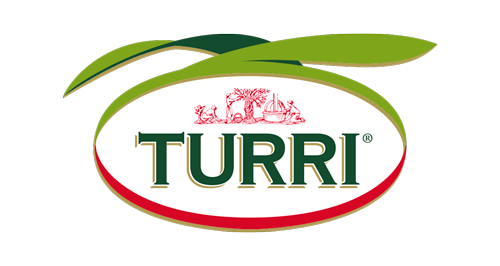Extra virgin olive oil: an expression seen and heard on hundreds of occasions. We have all wondered at least once what it means. The solution lies in the wording itself: the oil in question is not only virgin, and therefore purer, more natural, it is also ‘extra’, extraordinary.
Even if you don’t know what it means anyway, a glance at the label of a bottle is enough to make one thing immediately clear: extra virgin olive oil is superior to regular olive oil.
Banishing chemical agents and alterations
To be classified as extra virgin, an oil must be made from healthy olives processed immediately after harvesting. Extra virgin starts above all with the care of the olive trees.
Pressing also plays an important role. It must only take place once the olives have reached maturity and before they have touched the ground. The moment of ripening, also called veraison, varies between monocultivars and is given by its change in colour.
Virgin olive oil is only obtained by mechanical or physical processes: only in this way does it retain all the organoleptic characteristics of olive oil.
How to recognise it
From the label: which must contain all product traceability information such as place of production, production process and product characteristics.
From the taste: if it stings, it is really good. When an oil stings in the mouth, it means that it contains polyphenols and tocopherols, natural antioxidants that protect the product from oxygen, giving it benefits for our organism and making it last longer.
Discover our range of extra virgin olive oils on the new Olio Turri online shop.


